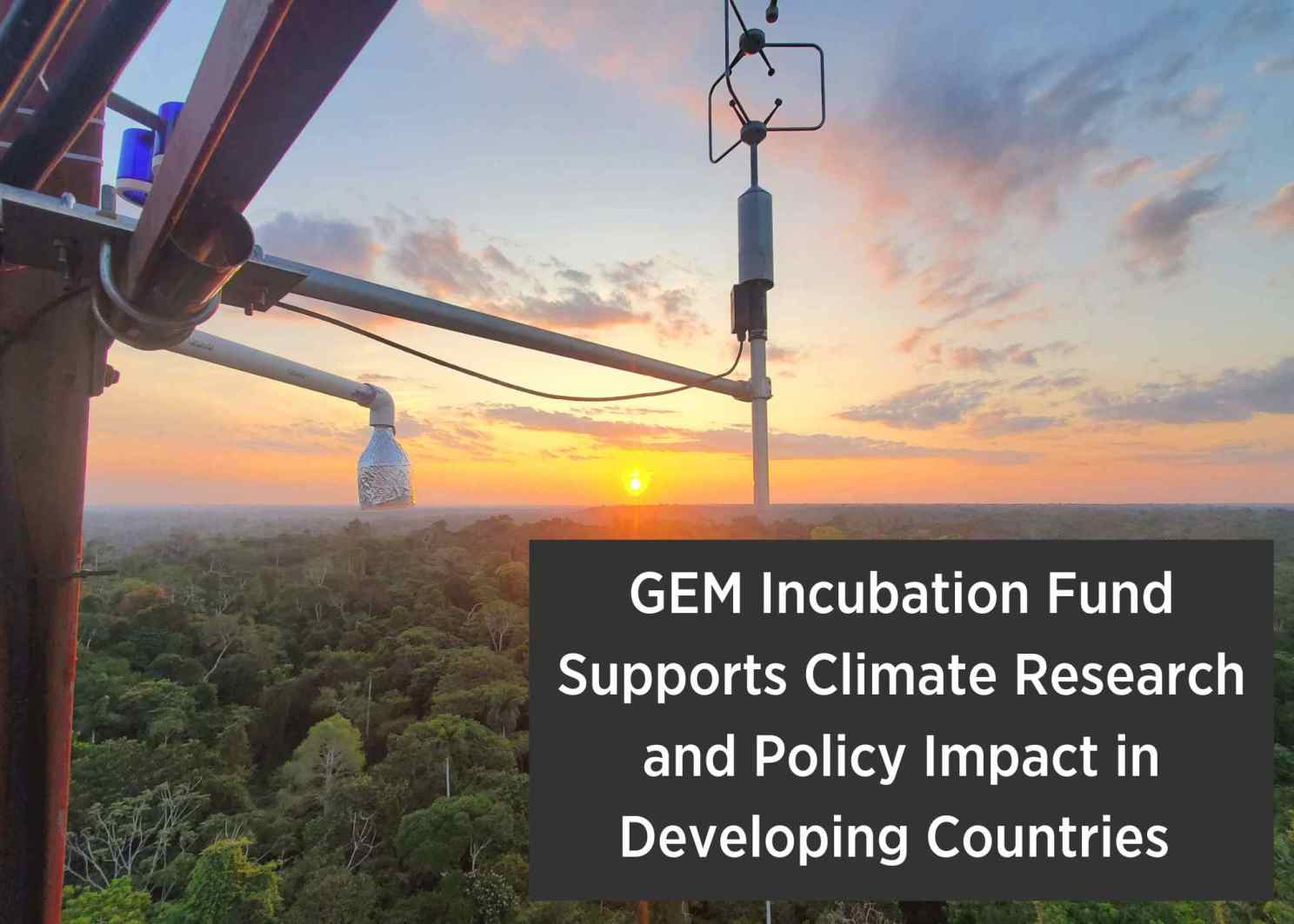Harvard CID announces recipients of 2023 GEM Incubation Fund

Credit: Rebecca B. Neumann/University of Washington, Seattle
The Center for International Development at Harvard University, in collaboration with Harvard Radcliffe Institute , and the Lakshmi Mittal and Family South Asia Institute, announced the 2023 Global Empowerment Meeting Incubation Fund recipients, advancing innovative climate change research for developing economies on the frontlines of the crisis.
The GEM Incubation Fund supports research to find solutions to pressing development challenges. Applicants to the 2023 GEM Incubation Fund chose between seed funding for climate-related research provided by CID and the Mittal Institute, and participation in Harvard Radcliffe Institute’s Climate Policy Accelerator Workshops, which focus on policy design and implementation to address the climate crisis in developing countries.
“By bringing together researchers and practitioners to incubate new solutions to complex development problems, GEM is becoming a platform to catalyze promising new research that can change lives and communities,” said Asim I. Khwaja, CID faculty director. “We are inspired by the strong demand for funding from researchers working hand-in-hand with local communities to co-develop solutions to the climate crisis.”
“Radcliffe is proud of our collaboration to create the GEM Incubation Fund, which directs resources to researchers grappling with one of our age’s most troubling issues,” said Tomiko Brown-Nagin, dean of Harvard Radcliffe Institute. “Harvard supports a range of vital climate change studies, but targeted research investments in developing economies on the frontlines of the climate crisis are closely aligned with Radcliffe’s values and strategic focus.”
The seven recipients of this year’s GEM seed funding awards represent universities in the United States, United Kingdom, Pakistan, and Argentina with research projects in developing countries around the world. Research focuses on climate-related topics critical for developing economies, from climate education in Somalia to solar geoengineering in Buenos Aires.
One program will use an HRI workshop to bring together key policymakers from Côte d’Ivoire, Ghana, and Nigeria to discuss opportunities for shaping shared regional policies over the impact of sea-level rise, coastal erosion, and flooding on urban and peri-urban settlements, economies, and gendered livelihoods in the Gulf of Guinea.
The other workshop will grapple with the impact of climate change on food security in Bangladesh. With food demands, salinity intrusion, groundwater depletion, and rising sea levels, this project aims to invigorate the resilience of the most vulnerable farming communities in Bangladesh by harnessing cutting-edge real-time satellite data to inform local agricultural practices.




